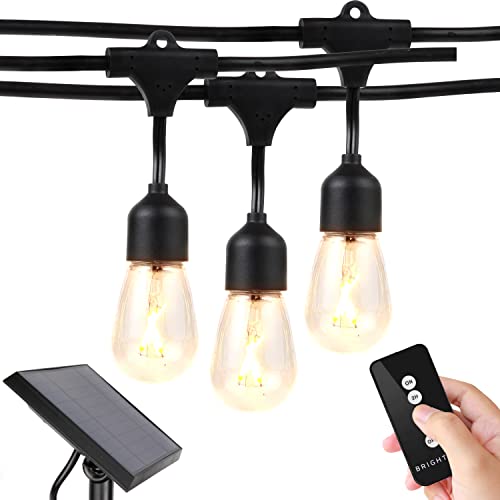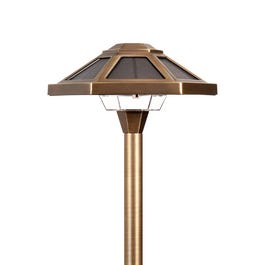Are lumen ratings fake? This marketing trick could mean you've been missold solar lights
Some lumen ratings are real, but shady practices mean your lights may not be as bright as they are supposed to be

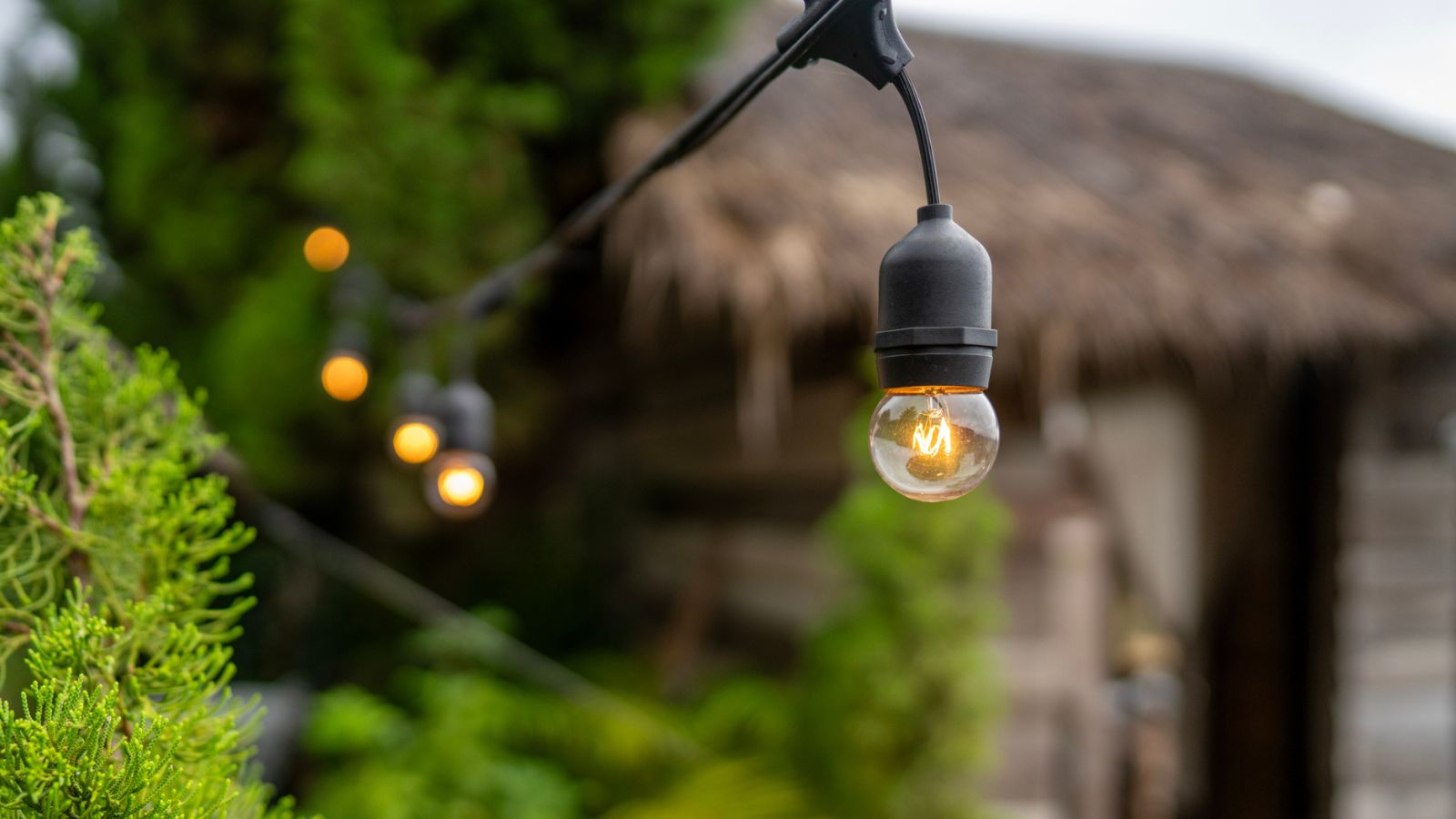
Solar lights have a deservedly questionable reputation. They break easily and often are far too dim to offer any practical light. For years, the only real way to buy good solar lights was to check the lumen rating - a measure of how bright the lights are, listed in the specifications.
However, you might end up with a dud even if you do your due diligence and check the lumen rating. Energy and lighting experts allege that some solar lighting companies fudge their lumen numbers, either by swapping out the effective lumen numbers for the raw lumen numbers, or by making them up entirely.
This is all you need to know about fake lumen ratings - how to spot them, avoid them, and purchase solar lights that work.
What are lumen ratings?
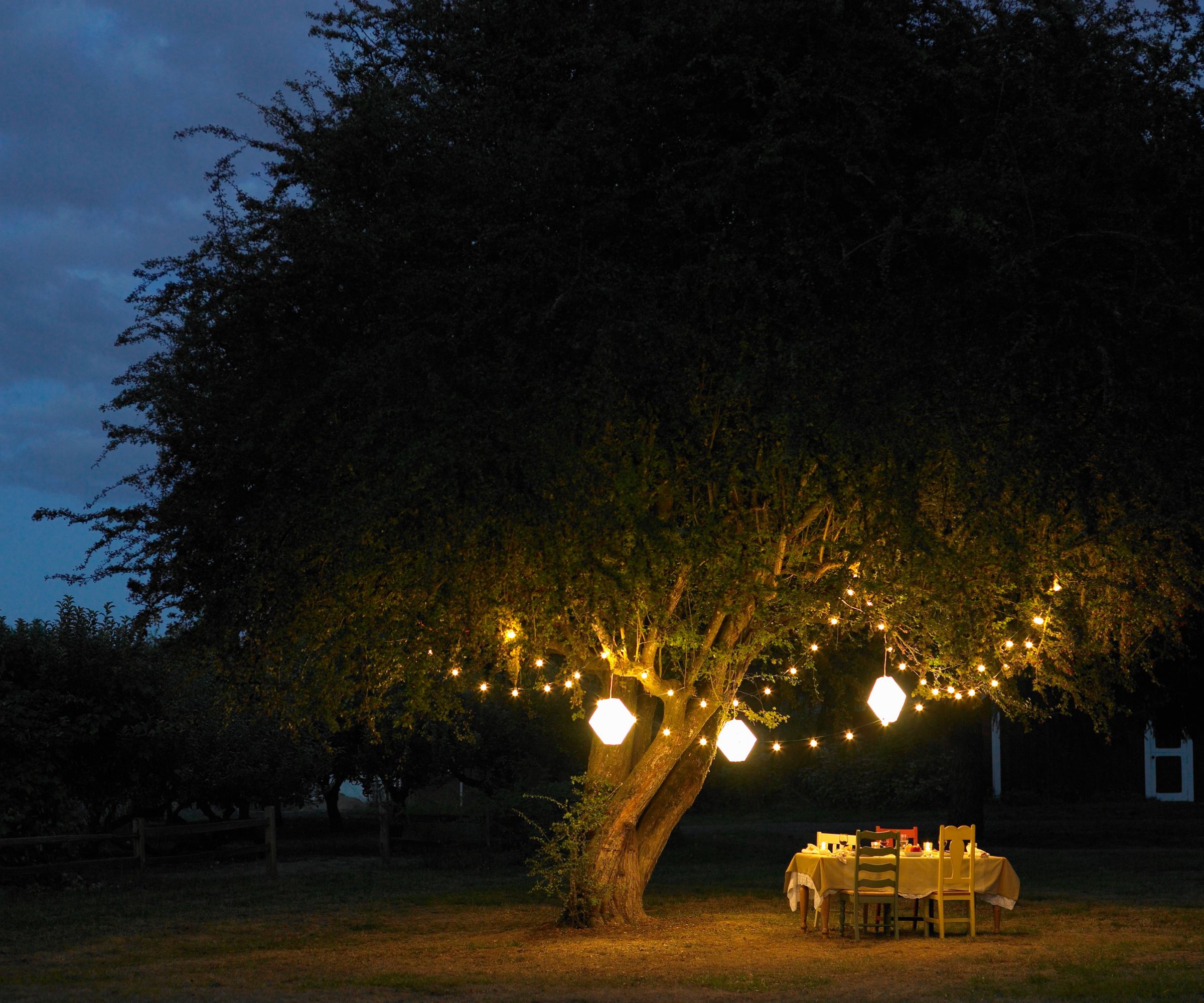
Lumen ratings are a measure of how bright a light is. They're invaluable when shopping for indoor and outdoor lighting because they let you know exactly how bright your lights will be.
Energy expert Mike Naughton told me 'Lumens are a measure of the total amount of visible light from a light source. The higher the lumen rating, the brighter the lamp will appear.'
Lighting expert Dara Greaney adds 'For example, a standard 60-watt incandescent bulb produces around 850 lumens.' Outdoor lights tend to be between 100-200 lumens.
It's important not to confuse lumens for watts. Mike says 'Lumens are often confused with a lamp’s wattage. Watts measure the amount of power a light source consumes rather than the brightness quality of light.'
Design expertise in your inbox – from inspiring decorating ideas and beautiful celebrity homes to practical gardening advice and shopping round-ups.
There's a standard process for measuring lumens. Dara Greaney says 'Lumen ratings are measured in a lab by placing the light fixture inside a large device called an integrating sphere, which has sensors that measure the light at all angles. These measurements are combined to calculate the total lumens.'

Mike is the owner and co-founder of Integrity Energy and PriceToCompare.com. He has over 20 years of professional experience in the Energy Industry with a lengthy track record of success in sales and communication organizations.

Dara Greaney is the CEO and President of LEDLightExpert.com, a leading company in commercial lighting solutions. During that time LED Light Expert has sold hundreds of millions of dollars worth of LED Lights. Greaney has extensive expertise in lighting design, LED technology, and fixture design.
Why are lumen ratings sometimes exaggerated?

That all sounds great, but lumen claims are often overstated, and that's especially true for solar lights.
There are several ways this happens. The first is that some manufacturers list their raw lumen output instead of their effective lumen output. Mike Naughton explains that 'The raw lumen output is the theoretical lumen value of the light source, rather than the actual measure of useful light output. Raw lumen output is determined by manufacturers using an equation.'
That's a problem because it isn't an actual measure. 'Manufacturers aren’t required to conduct photometric testing to determine this figure - which is why it often feels exaggerated.' In short, the manufacturers are using a hypothetical figure - the raw lumen output - rather than the true figure - the effective lumen output.
Mike continues: 'The effective lumen output is the actual useful light output from a light source. Effective lumens are determined with photometry equipment to accurately measure the true illumination output from a light source.'
The second measure is the one which counts, and which should be listed on your lights. Mike adds that 'The effective lumen rating is often lower because it takes real-world impacts into account - like how assembly of the light impacts output or how heat impacts performance.' It's this discrepancy which can make lights feel a lot dimmer.
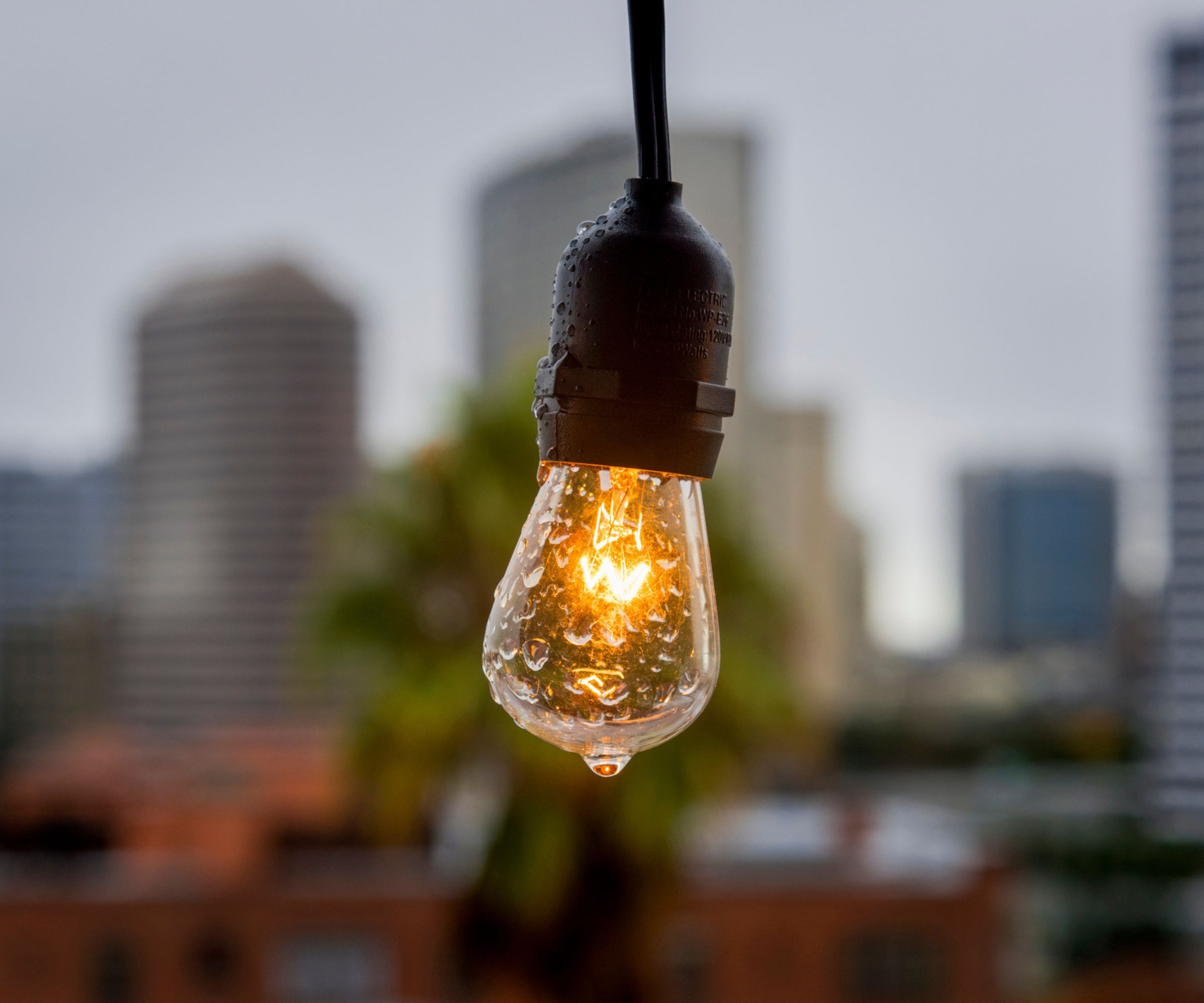
That's a problem for all light bulbs, but it's exacerbated in solar lights. Dara Greaney explains that 'Solar lights aren't regulated by building codes, so there is no requirement for UL or ETL certification. In contrast, powered lights must be UL-certified, and the certification process ensures that lumen ratings are much more accurate.'
Because there's no secondary body checking the lumen ratings, many solar light companies exaggerate their lumen ratings, either through listing the raw lumens as effective lumens or by entirely inventing the numbers. Dara says 'This lack of regulation has led to exaggerated lumen claims, as there are few consequences for false advertising. Without proper oversight, the exaggeration continues unchecked.'
The result? Many solar lights are advertised as being brighter than they actually are. If you've ever set up some solar path lights and wondered why they're so dim, this is the reason: your lights were at best missold and at worst falsely advertised.
Can I ever trust lumen ratings in online listings?
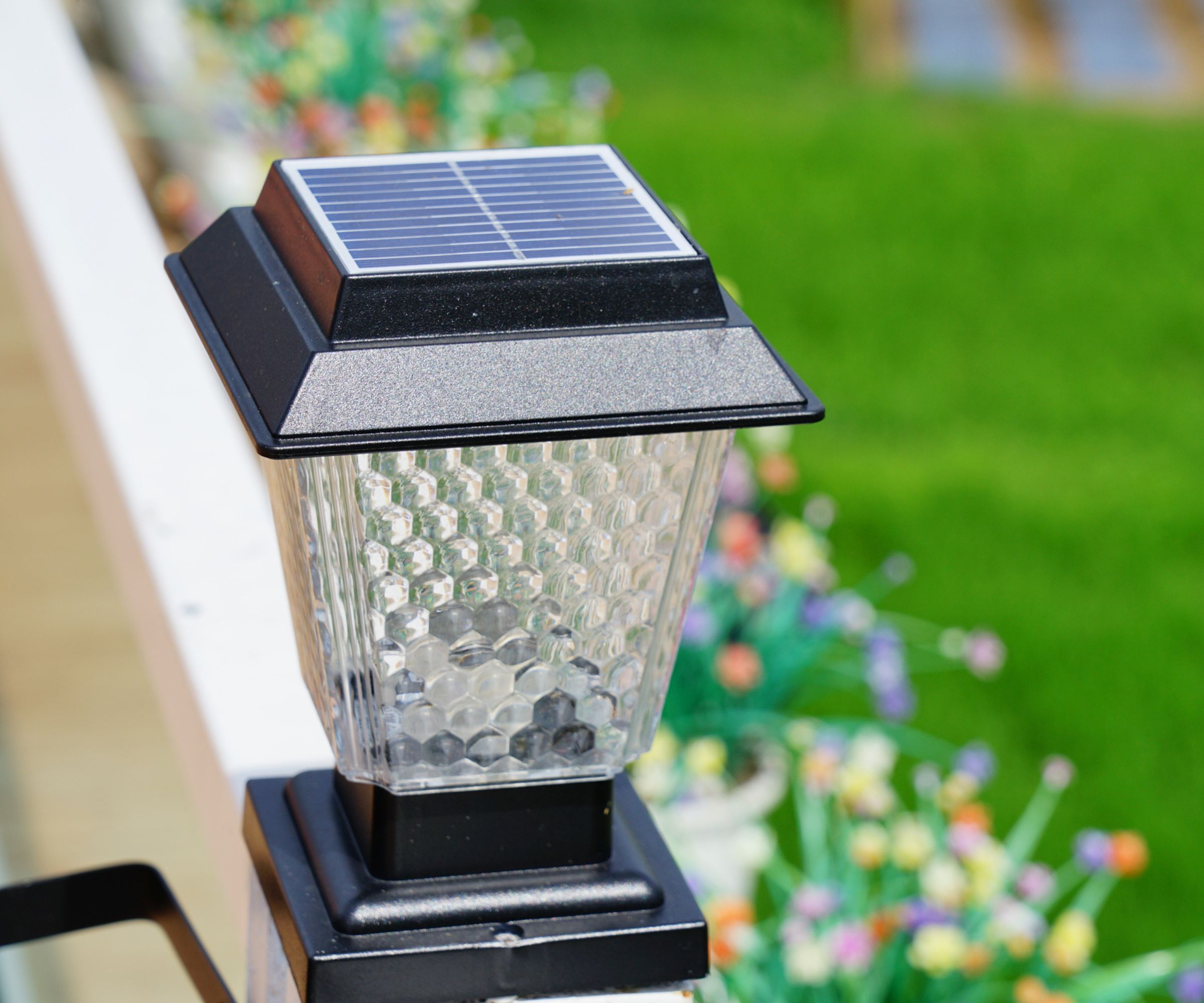
You need to do proper research when buying solar lights. Reliable, named brands are usually accurate. If you're buying on Amazon, beware of companies with nonsensical names or long abbreviations. These are usually unreliable, though there are exceptions.
Brands like Brightech and Volt are UL-certified, so you can trust their lumen ratings. Dara says 'You can generally trust lumen ratings from reliable brands that publish accurate numbers. However, even reputable companies are under pressure to inflate their figures.'
Dara suggests a helpful rule of thumb. 'If a solar light isn't at least 40% more expensive than its powered equivalent, its lumen rating is likely exaggerated.'
Mike says 'If the lumen rating appears too good to be true, there’s a good chance the manufacturer is listing their theoretical lumen rating. Make sure to cross-reference a product’s customer reviews to determine the accuracy of their lumen ratings.'
How do I find real lumen ratings?
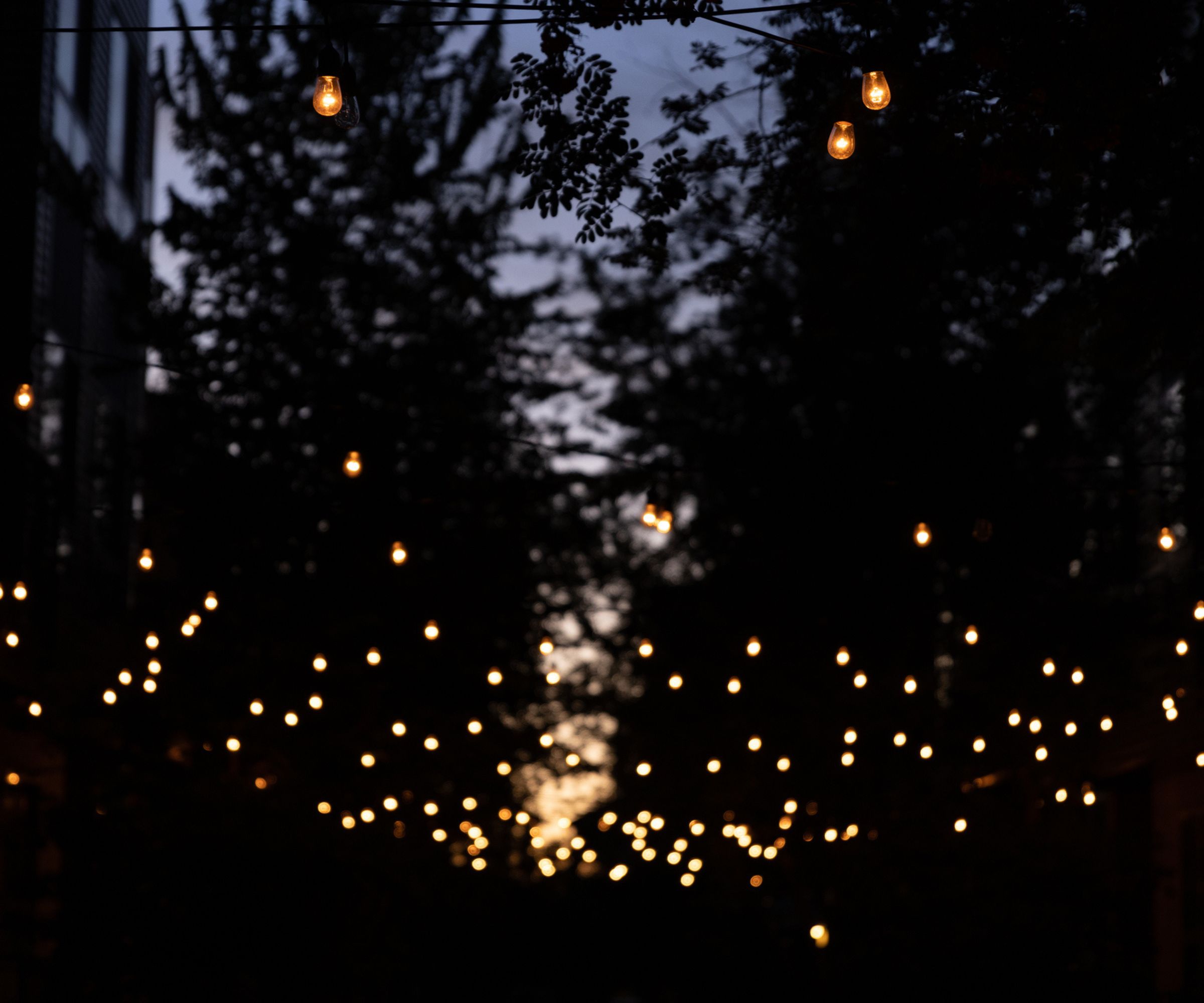
If you can, stick to solar light brands with UL or ETL certification. Mike explains that 'UL Certification ensures that your lights meet the stringent safety and quality standards set by the Underwriters Laboratories - an independent testing organization dedicated to consumer safety.
'Similarly, ETL Certification ensures that your lighting source meets the North American safety standards set by the Edison Testing Laboratories.' The latter body is overseen by OSHA, so you know for certain that your lights are safe.
However, it's ultimately hard to find reliable lumen ratings. If you're looking at cheap solar lights and the lumen rating seems too good to be true, you can approximate it. Dara says 'One method is to test the power draw of the LEDs and multiply it by around 120 (the typical number of lumens per watt for this type of lighting).' When you're shopping around, multiply the listed watts of a light by 120 for a rough figure. This should give you some measure of the brightness, but it's not as accurate as a proper lumen test.
Unfortunately, sometimes you can only find out the lumen rating after the fact, especially if you've bought lights online. Mike says ' In the United States, the lighting facts label is required by the Federal Trade Commission. If it’s not directly listed on the packaging, it will likely be included in a user's manual or product information sheet inside. From here, you can find the product’s lumen value.' That's great if you're buying lights in-store, but this isn't always available when buying lights online.
Misleading lumen ratings are just one issue with solar lights. There are a lot of others to weigh up before you take the plunge and buy a set. From whether solar lights live up to their eco-friendly credentials to whether solar lights are even worth it at all, don't buy a set before weighing up all the pros and cons.

As a gardens and lifestyle contributor, Alex makes sure readers find the right information to help them make the best purchase. Alex got his start in reviewing at the iconic Good Housekeeping Institute, testing a wide range of household products and appliances. He then moved to BBC Gardeners’ World Magazine, assessing gardening tools, machinery, and wildlife products.
